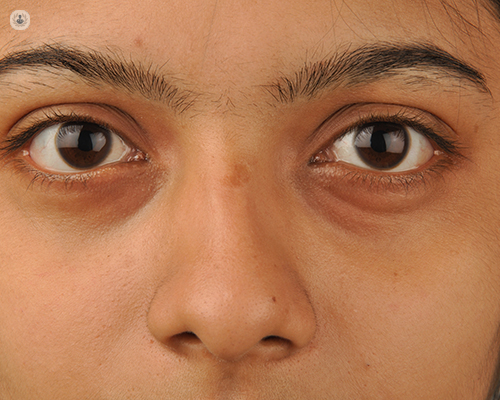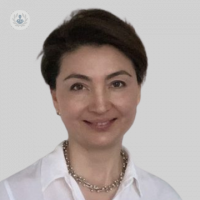Can cataract surgery lead to the development of endophthalmitis?
Written in association with:In one of our latest articles below, Ms Shohista Saidkasimova, describes in detail what endophthalmitis is, what the causes are, and what can happen if the condition is left untreated for a long enough period of time.

What is endophthalmitis? What are the causes?
It is one of the most common complications associated with ocular surgery. One of the most common causes of it is the presence of blepharitis in a patient. Ocular surgery should be avoided until blepharitis (an infection in one’s eyelashes) has been cured.
What are the symptoms of endophthalmitis?
The most important warning sign or symptom is persistent pain. We would normally see a bit of discomfort in patients after ocular surgery, but we wouldn’t expect severe persistent pain.
Endophthalmitis, when caught early, can be treated quite successfully without any long-term complications. However, if there is a delay in diagnosis, or in cases of very rare, aggressive infection, one’s vision may become impaired.
The second symptom is blurred vision. If the vision improved initially after surgery but gradually started to become more blurred, we would want to know about it as soon as possible, as this is a warning sign of endophthalmitis.
How is it treated?
It is normally treated effectively with antibiotics. We inject these antibiotics into the back of the eye as this is where eye infections begin. We may, in some cases, need to remove the gel from one’s eye, which is almost like draining the eye abscess.
What can happen if endophthalmitis is left untreated?
Unfortunately, blindness can occur if endophthalmitis is left untreated for long enough.
Can cataract surgery lead to the development of endophthalmitis?
It can actually cause endophthalmitis. One in one thousand patients will develop endophthalmitis after undergoing cataract surgery.
If you would like to schedule in an appointment with highly experienced consultant ophthalmologist Ms Shohista Saidkasimova, simply visit her Top Doctors profile today.



